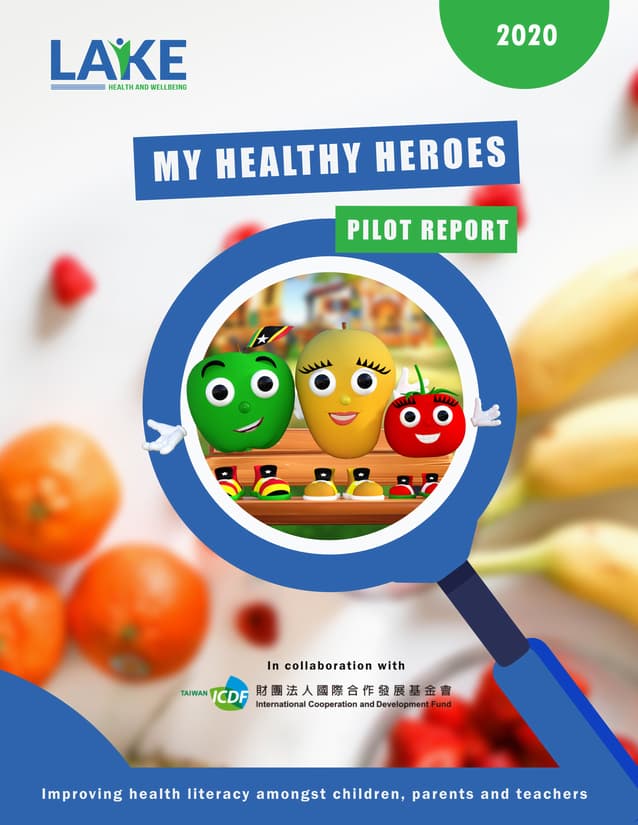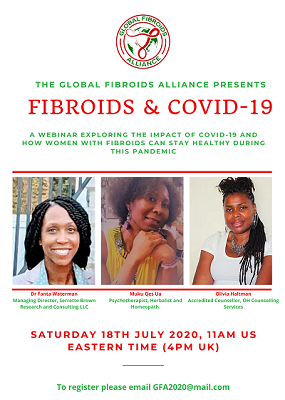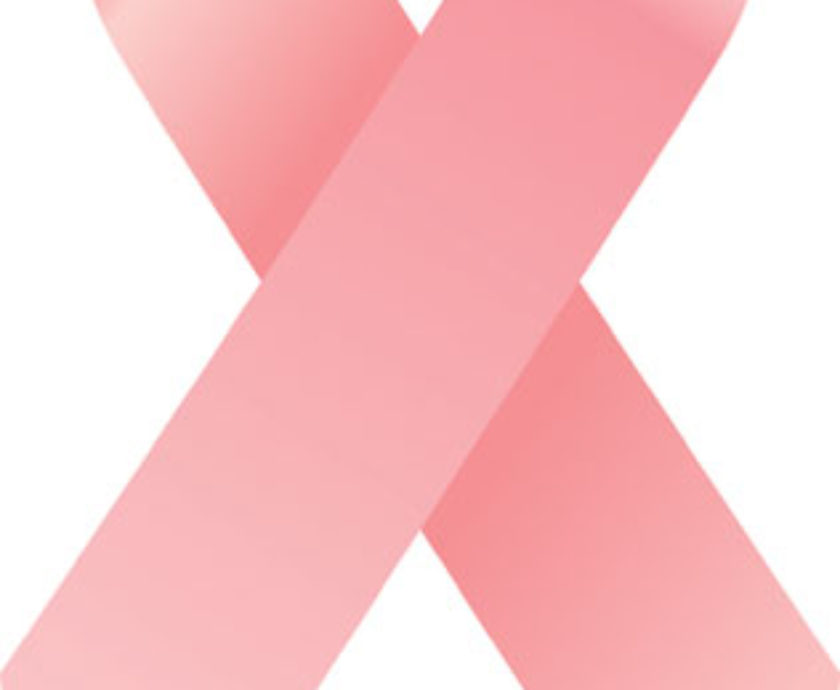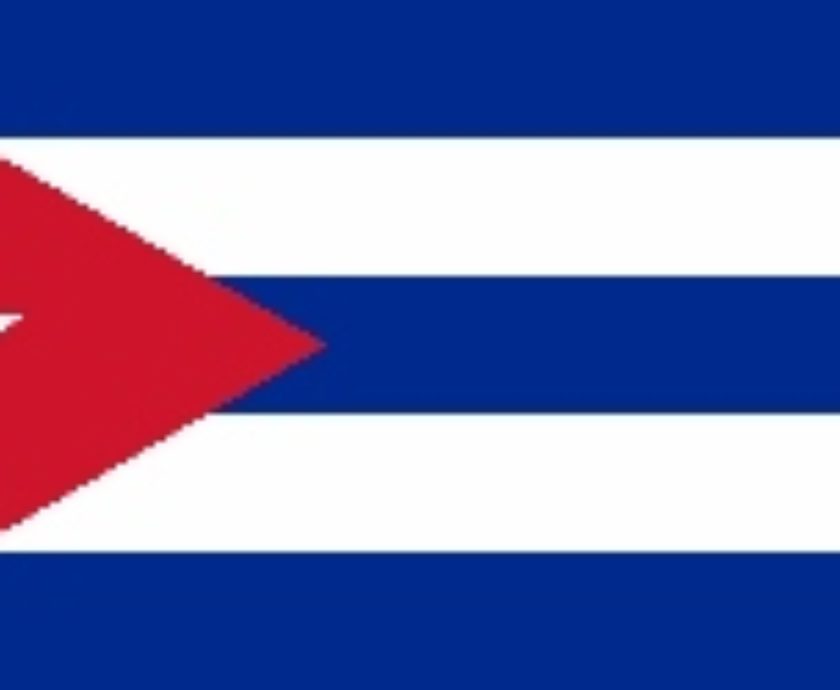Over the past month, as we have been conducting our regular monitoring of the traffic to our website, we have noticed a lot of visitors are coming to our website to find out whether soursop or guava are beneficial for fibroids. So, today, we will visit published research to see if we can answer this question.
How We’re Going to Approach This Question
The first thing to say about this topic is there isn’t a lot of evidence-based information out there. What we found were discussions by scientists about the possibilities, there wasn’t any concrete data that could definitively answer this question.
To explore whether guava and soursop may be beneficial in treating fibroids, we will focus on one scientific paper, which was the only one we could find that was related to this topic.
This paper was published by the Department of Experimental and Clinical Medicine at the Polytechnic University of Marche in Italy, in 2014.
Their paper, the ‘Use of dietary phytochemicals to target inflammation, fibrosis, proliferation, and angiogenesis in uterine tissues: Promising options for prevention and treatment of uterine fibroids?,’ is a review of a selection of substances (phytochemicals) found naturally in certain fruits and vegetables which, because of their properties, could be useful in treating and preventing fibroids.
This paper is important in our exploration because some of the phytochemicals included in the researchers’ review are found in soursop and guava.
Some Background: What are Phytochemicals?
Before we summarise the relevant information provided in this paper, we thought it would be useful to define the term phytochemical. Harvard University describes phytochemicals as:
”…plant (phyto) chemicals: compounds in plants (fruits, vegetables, whole grains, nuts, seeds, and legumes) that contribute to their color, taste, and smell.”
Some commonly known phytochemicals are carotenoids, found in carrots, pumpkin, corn and tomatoes; flavonoids, found in citrus fruits, berries, apples and legumes and anthocyanins, which are found in berries, eggplant and red cabbage.
It is widely known that phytochemicals have a range of health benefits. These benefits include reducing our risk of heart disease, cancer and other chronic diseases and this is achieved because of their antioxidant and anti-inflammatory effects as well as a range of other effects.
What Does This Research Paper Tell Us?
The researchers who wrote this paper began their exploration by describing four possible factors that contribute to the development of fibroids. These are:
- A chronically active inflammatory immune response
- Fibrosis (a process that leads to the formation of scar tissue) which is a result of inflammation
- Increased rate of cell growth in fibroid cells
- The development of new blood vessels which feed fibroid cells
Researchers explained that if phytochemicals are able to address these four factors, they may be useful in preventing and treating fibroids.
Like many fruits, guava and soursop are rich in phytochemicals. Guava is known to contain the phytochemicals lycopene, quercetin, anthocyanin, and many others. Whilst soursop contains reticuline, coreximine, quercetin, gallic acid and others.
In their paper, researchers discuss a range of phytochemicals including ones that are relevant to guava and soursop – lycopene and quercetin. They explain that at the time of the publication of their paper, lycopene and quercetin have not been tested in fibroids, but based on what scientists know about these two chemicals they may be beneficial in the prevention and treatment of fibroids. This is because when we look back at the four possible ways that fibroids develop, these two phytochemicals can potentially target these processes. They have both been found to have the following effects:
- An anti-inflammatory effect
- Anti-fibrotic effect
- Prevent the growth of different types of tumour cells (fibroids are benign tumours)
- Prevent the development of blood vessels that feed tumour cells
Researchers couldn’t make any conclusions on these phytochemicals with regards to fibroids, but their discussion has identified these and other phytochemicals which could be beneficial in the prevention and treatment of fibroids. These include:
- Allicin (found in garlic)
- Ellagic acid (found in strawberries, raspberries, cranberries, blackberries, pecans, pomegranates, walnuts, wolfberry and grapes)
- Indole-3-carbinol (found in cruciferous vegetables e.g. broccoli, cabbage, cauliflower, Brussel sprouts, bok choy, collard greens, kale etc.
- Lycopene (found in tomato, watermelon, papaya, pink guava, pink grapefruit and apricots)
- Quercetin (found in lemon, tomato, onion leaves, strawberries, soursop and tea)
They stated that based on the information they presented, there is a need to understand whether these phytochemicals are indeed beneficial for fibroids and this should be explored through future studies that carefully and accurately determine their mechanism of action and effectiveness in the treatment and prevention of fibroids.
What Does this Mean for Women With Fibroids?
This research study has raised the idea that the phytochemicals in soursop and guava may be beneficial in the treatment and prevention of fibroids. It doesn’t mean that eating soursop and guava will cure your fibroids, the reason for this, and this is discussed in the research paper, is that when you eat these fruits we don’t know if your body is absorbing enough of these phytochemicals to have a significant impact on the growth and development of fibroids.
What we can say is that if you have fibroids, if you haven’t already, we recommend that you adopt a healthy diet that is rich in fruits and vegetables, this can include soursop and guava, but should include cruciferous vegetables. Studies have shown that making dietary changes can be helpful in improving some of the symptoms of fibroids as can introducing more exercise into your routine.
It is also recommended that women with fibroids avoid certain foods such as alcohol, caffeine, red meat and foods that may contain high levels of hormones like oestrogen.
If you have fibroids and would like to explore dietary changes and exercise as a way of managing your symptoms, please speak to your doctor first. She/he will be able to advise you on the best approach based on your specific situation as the success of these approaches will depend on the size of your fibroids and other factors. You may also want to speak to a registered dietitian who along with your doctor will be able to provide some advice on the dietary changes that you can make.
Was this Helpful?
Were you one of the people looking for information on fibroids and guava and/or soursop? Was this article helpful? Let us know your thoughts by leaving a comment below. We would love to hear from you.
References
- Agu KC, Okolie PN. Proximate composition, phytochemical analysis, and in vitro antioxidant potentials of extracts of Annona muricata(Soursop). Food Sci Nutr. 2017;5(5):1029-1036. Published 2017 Jun 29. doi:10.1002/fsn3.498
- Chiari-Andréo, Bruna & Trovatti, Eliane & Marto, Joana & Almeida-Cincotto, Maria & Melero, Ana & Corrêa, Marcos & Chiavacci, Leila & Ribeiro, Helena & Garrigues, Teresa & Isaac, Vera. (2017). Guava: Phytochemical composition of a potential source of antioxidants for cosmetic and/or dermatological applications. Brazilian Journal of Pharmaceutical Sciences. 53. 10.1590/s2175-97902017000216141.
- Deepa PC., Kumaria IR., and Lavanya B. (2015) Phytochemical Analysis, Antioxidant and Anti Microbial Activity of White and Pink Psidium Guajava Linnaeus. International Journal of Current Pharmaceutical Research, 7(2), pp 29-31.
- Harvard Health Publishing., (2019). Fill up on phytochemicals [Online]. Harvard Medical School. [Viewed on 4th July 2020]. Available from: https://www.health.harvard.edu/staying-healthy/fill-up-on-phytochemicals
- Islam MS, Akhtar MM, Ciavattini A, et al. Use of dietary phytochemicals to target inflammation, fibrosis, proliferation, and angiogenesis in uterine tissues: promising options for prevention and treatment of uterine fibroids? Mol Nutr Food Res. 2014;58(8):1667-1684. doi:10.1002/mnfr.201400134
- Jacoby VL, Jacoby A, Learman LA, et al. Use of medical, surgical and complementary treatments among women with fibroids. Eur J Obstet Gynecol Reprod Biol. 2014;182:220-225. doi:10.1016/j.ejogrb.2014.09.004
- Leitzmann C. Characteristics and Health Benefits of Phytochemicals. Forsch Komplementmed. 2016;23(2):69-74. doi:10.1159/000444063
- Shen Y, Wu Y, Lu Q, Ren M. Vegetarian diet and reduced uterine fibroids risk: A case-control study in Nanjing, China. J Obstet Gynaecol Res. 2016;42(1):87-94. doi:10.1111/jog.12834













This document was indeed very instrumental to me as a hound scientist and lecturer in Pharmacognosy.
Many thanks.
You’re very welcome. We are glad you found this article to be informative.
Thanks a lot. I’m knowledgeable now because of information. It opens my eyes on how can I take of myself naturally
Dear Murunwa, thank you for visiting our website. We’re really glad that you found the information useful.
Thank God and to all medical professionals & staff 4 wonderful info. God bless yr hearts. Thankyou.. Mary Ngabung – – -Papua New Guinea
You’re very welcome. Thank you for visiting our website.
This information is very educative we look forward for more
You’re very welcome. Thank you for visiting our website.
The information you have here are very straight forward, and very objective by presenting the facts as they found them, without been biased. Instead, the reader is left to decide for him/herself in agreement with the Bible book of Galatians 6:5 which says that everyone will carry his/her own load of decision making process which also applies to the matters of one’s health.
Thanks!
Dr. Chigoziri A. Moses, PhD.
Strategic Health Recovery Specialist.
Lagos, Nigeria.
Dear Dr Moses,
Thank you so much for your comment. We appreciate your feedback and are delighted that this article had the intended effect of providing clear information in an unbiased way. Thank you for visiting our website.
Kind Regards,
The team at Lake Health and Wellbeing
This article was very helpful and thanks alot
You’re very welcome, Victoria. We’re so glad you found the information provide to be helpful. Thank you for visiting our website. We really appreciate it.
I found this article to be very useful thank you
You’re very welcome. We’re really glad you found the article to be useful.
This is a good information. Thank you.
You’re very welcome and thank you for visiting our website. We’re really glad you found this information to be useful.
Thanks for this great information.
Would I be doing some wrong if I combine like five of the accepted food or fruit with vegetables to take at once? Thanks
Dear Sarah, you’re very welcome. The best thing to do would be to speak to your doctor and also a nutritionist and they will be able to provide you with the best information based on your personal history and circumstances. We wish you all the best.
I have been visiting yr website couple of times for help since my daughter has been diagnosed with fibroid uterine. Hw many guava leaves and soursop should I boil? Thank you for help. God bless you all
Dear Mary, thank you so much for visiting our website. We are sorry to hear of your daughter’s diagnosis of fibroids and wish her all the best. This blog post is for information purposes only so we recommend that you first speak to your daughter’s doctor and a nutritionist about the best way forward and what lifestyle changes may best suit her specific situation. Adopting a healthy lifestyle may be helpful in managing the symptoms of fibroids so getting this type of guidance from her doctor and a nutritionist would be a good start.
I have them and wanted to see if you can help me
This information was helpful, I’ve got my points.
God bless!
Thank you for visiting our website. We’re really glad that this article was helpful. You take care and God bless you too.
Very well explained and reasonable evidence. Thanks
You’re very welcome. We’re glad you found this article useful.
Thanks for the information and it’s very useful
You’re very welcome. We’re really glad you found this article to be useful.
Very interesting information
I have reached out to my doctor and he said that the only way to get rid of the fibroid is only by surgery which I don’t want.. I can’t honestly
So, pls is there any other thing you can advice me to do except surgery? Thank you